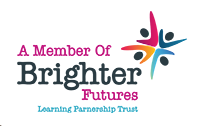Relationships, Health and Sex Education (RHSE)
At Dunsville Primary School we value PSHE as one way to support children’s development as human beings, to enable them to understand and respect who they are, to empower them with a voice and to equip them for life and learning. We include the statutory Relationships and Health Education within our whole-school PSHE Programme. Sex Education is taught in an age-appropriate way within our science curriculum.
RHSE Policy.
PSHE and RHSE Mapping document
We draw on the expertise of the School Nurse Team to deliver Safe Touch (Year 1), Puberty (Year 5) and From Conception to Birth (Year 6) sessions as part of our Safeguarding and Science Curriculum.















